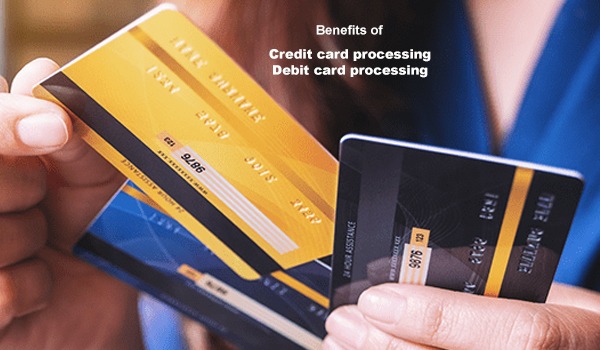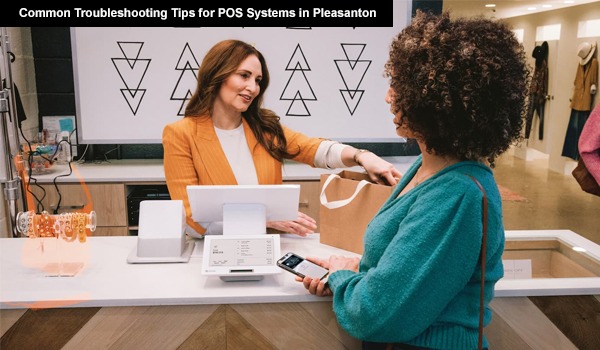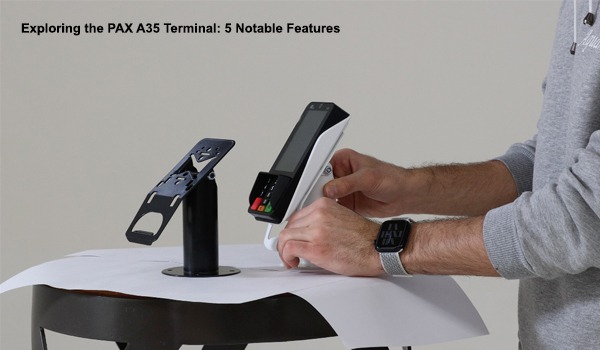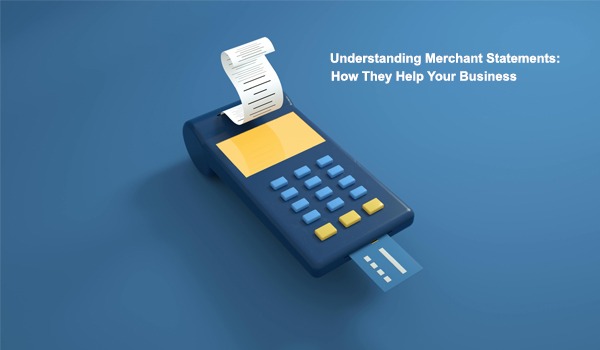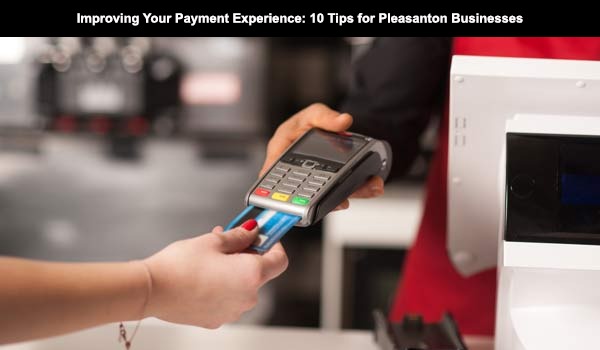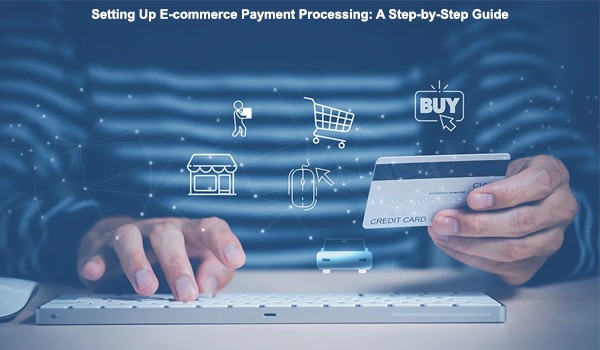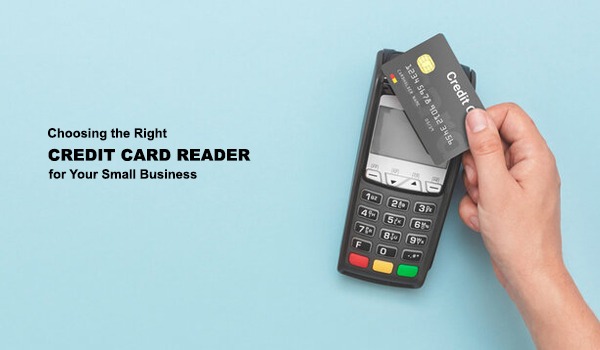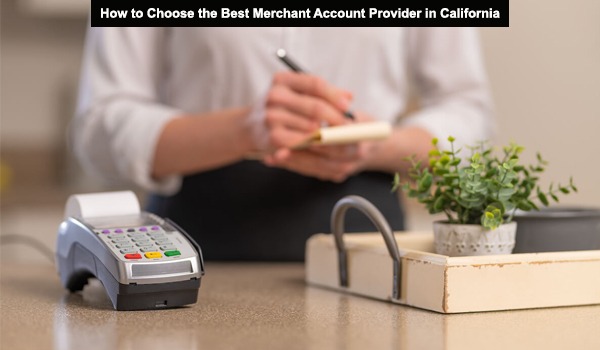
Introduction
In an era dominated by online ads, influencer partnerships, and SEO strategies, one marketing tactic remains timeless and incredibly effective: word-of-mouth (WOM). While traditional marketing methods are still important, nothing beats the power of a personal recommendation. Consumers trust the opinions of their peers, whether those opinions come from friends, family, or even strangers online. This is where referral programs come into play, turning satisfied customers into valuable brand advocates and helping businesses grow organically.
Referral programs are not a marketing tool but rather an unspoken secret weapon of trust, loyalty, and long-term success. Let us explore why referral programs become essential for business growth and how they unlock the potential of word-of-mouth marketing.
Word-of-Mouth: The Underestimated Marketing Powerhouse
This isn't new; the idea of word-of-mouth marketing has been used for centuries. It relies on recommendations from the circle one trusts when making a buying or going decision. As was found in a Nielsen 2023 study, as many as 92% of consumers trust friends and family or online reviews when choosing products over any kind of advertisement. This shows how effective word-of-mouth is at helping in decisions related to the market.
What has changed over the years is the scale at which word-of-mouth can now spread. The internet and social media have made it possible for a single recommendation to reach thousands, if not millions, of potential customers. Social media platforms, online forums, and review sites have created a vast, interconnected web of opinions that influence purchasing decisions on a global scale.
Moreover, the emergence of Internet communities and the rise of an increasingly educated customer make true, uninfluenced remarks a source of guidance before committing to buy. Customers seek original reviews instead of marketing blitzes. This trend makes word-of-mouth one of the greatest marketing tools enterprises can access today.
Refer-a-friend Programs: Activation Agents of Word-of-Mouth Marketing Success
Referral programs are a brilliant way to capitalize on the trust and authenticity that word-of-mouth offers. By encouraging existing customers to share their positive experiences with friends, family, or colleagues, businesses can create a network of loyal brand ambassadors who are not only spreading the word but also helping to bring in new customers.
A referral program works at its core to reward customers for referring a business to others-whether through discounts, special offers, or some other incentives. This proves simple yet effective because it instinctively provokes human nature to share good experiences with others and develops a cycle of growth for both the business and its customers.
Why Referral Programs Work?
1. Trust and Authenticity
It is very personal and authentic when customers refer friends or family to a business. A recommendation from someone you know is more trustworthy than an ad or a sales pitch. People are more likely to try a product or service if they hear about it from a friend or someone with similar interests. Studies show that referred customers are more likely to make a purchase, 18% in the case of referred versus not referred. It is also among the biggest reasons why referral programs work so well—that's because customers are serving as brand advocates.
2. Cost-Effective Growth
Traditional marketing channels, such as TV ads, billboards, or paid search, can get very expensive, especially for small and medium-sized businesses. The cost efficiency of referral programs is much higher in comparison. Instead of paying for ads, businesses reward existing customers for helping them find new ones. The magic of referral programs is often that they require little-to-no upfront investment, where the rewards are only delivered after a successful referral.
Moreover, referred customers are also more loyal and have a greater lifetime value. They're not just one-time buyers; they are likely to stay engaged with the brand and return for future purchases.
3. Higher Conversion Rates
One of the most important benefits of referral marketing is that referred customers are much more likely to convert. Referred customers boast an 18% higher conversion rate compared to those who aren't referred. The reason behind this is simple: when someone recommends a product or service, they're giving it a personal endorsement, making it easier for the new customer to trust the brand and make a purchase.
This makes referral programs one of the most efficient ways to acquire quality customers who are likely to make a purchase and stay around.
4. Customer Loyalty and Engagement
Referral programs not only bring new customers into the fold but also reinforce the relationship with existing customers. When customers are provided with the opportunity to refer other customers, it gives them a sense of belongingness. This feeling of ownership and involvement can foster greater commitment.
Customers who refer other customers will be more inclined to get engaged with the brand, repurchase, and even share it with social media. Offering rewards in turn creates a mutually beneficial relationship that entices customers to stay engaged and continue supporting the brand.
5. Exponential Growth
Referral programs have this unique ability to create an exponential growth curve. Imagine a customer referring a friend, and that friend refers yet another person. The curve of customers can grow incredibly fast. The ripple effect means small referral programs can lead to significant growth. When customers put their referral links on their social media pages, the word spreads far beyond their circles, and businesses can start attracting customers from all over the globe.
Think about how companies like Dropbox and Airbnb grew so quickly. They capitalized on the power of referrals to scale their businesses rapidly.
Designing a Successful Referral Program
The benefits of referral programs are clear, but it is essential to design one that resonates with customers. Here are a few best practices to ensure your referral program is effective:
1. Offer Clear and Attractive Rewards
The incentive has to be attractive enough for customers to get involved. Be it a discount, free product, or exclusive offer, the incentive must be worthwhile to both the referrer and the referred. Rewarding the two parties ensures that every person is valued.
2. Keep it Easy
Referrals must be easy to make. Ensure that customers have an easy way to share their referral links via email, social media, or text. The simpler the referral process is for customers, the higher the chances they will participate.
3. Transparency and Tracking
Customers want to see the performance of their referrals. Thus, you make them a bit more engaged as well as rewarded by providing clear tracking where they can have visibility over the status and reward points of their referral Social Media Integration
Connect your referral program to social media to expand its reach. Allow customers to share their referral links on their social media, and their followers can easily join in. Social media is a powerful force for viral activity, which can increase the effectiveness of your program.
4. Personalization
Personalized referral programs may improve engagement. Reward customers with preferences or purchased behavior in ways that create a feeling of importance. Personalized communication is also the most likely way for a person to refer other customers to such a store.
Success Stories
Many companies have utilized referral programs to catapult their growth. For instance, Dropbox's very famous referral program offered extra storage space for every successful referral, which led to the viral growth of Dropbox. Similarly, Airbnb's referral program rewarded users with travel credits both for the referrer and the referred, and the company grew its user base enormously.
Tesla also adopts programs involving referrals by issuing exclusive free supercharging miles to referrers or giving out an opportunity to win another brand-new car. People crave exclusivity, making some people refer others, which therefore makes it successful.
Conclusion
In a world of non-stop advertising, word-of-mouth has become the trusted currency. Referral programs provide businesses with the opportunity to leverage this organic, powerful marketing channel while rewarding loyal customers for their support. By leveraging the power of personal recommendations, businesses can attract new customers and build long-term loyalty, engagement, and growth.
If you’re looking for a cost-effective, efficient way to grow your business, a referral program might just be the key to unlocking long-term success. It’s a win-win situation: your customers benefit from rewards, and your business benefits from new, loyal customers who trust the brand. There's no denying the influence of word-of-mouth—this is the perfect moment to leverage it for your benefit.
